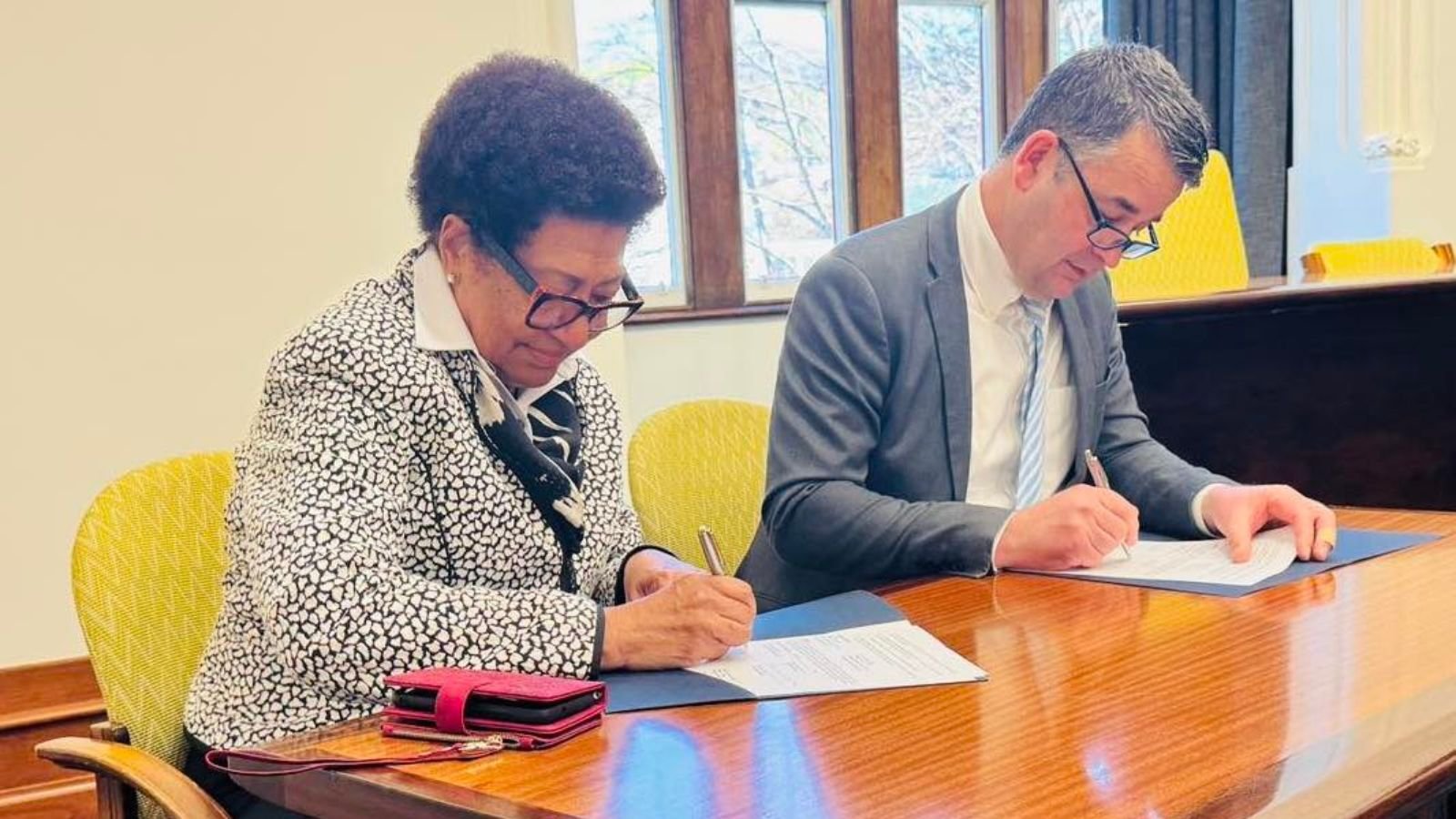Public Interest Journalism funded through NZ On Air
New research published by the Education Review Office (ERO) shows that Covid-19 has disproportionally and significantly impacted Pacific learners.
ERO’s new report, Learning in a Covid-19 World: The Impact of Covid-19 on Pacific Learners, looks at the achievement, attendance, mental health and wellbeing, school contexts, and education pathways of Pacific learners over this time. The report shines a light on challenges and shares successful strategies.
ERO Pule Pasifika, Taule’ale’ausumai Violet Tuuga-Stevenson says the review is timely because the Pacific community was impacted every time COVID hit, particularly on the children.
“What we intended to do with this report was rather than just talk about the negative things that have come along with COVID, is to talk about what actually worked, what did our students say really worked for them, what made them feel good during this time in terms of their learning, what did teachers do to actually feel like they were still doing their job and helping,” says Taule’ale’ausumai.
“It is about what has been working and how we can build on that.”
Taule’ale’ausumai paid tribute to teachers who had to rethink the way that they taught.
“It was no longer face to face, teachers had to rethink online, they had to think about flexible ways of doing things, flexible timetables and adapt it to that whole kind of learning.”
She says all teachers, not just Pacific teachers, had to adapt to this new way of teaching.
In terms of some of the strategies that worked in schools, Taule’ale’ausumai says the role of senior management took on a more proactive role. She highlights that Pacific learners’ voices were at the forefront of the research.
“There was a real focus on who was going to be looking out for the progress and achievement and also the wellbeing of Pacific learners. Not only was it the teachers on the ground but the leadership driving the initiatives all the way through,” says Taule’ale’ausumai.
“It boils down to knowing your students. If you know your students and their circumstances then that’s going to help you shape the way you teach them.”
ERO Chief Executive and Chief Review Officer Nicholas Pole says, “Pacific learners and communities have been remarkably resilient in facing the challenges of Covid-19.
“However, we found that Pacific learners were disproportionately impacted. Two thirds of Pacific learners live in Auckland where schools have been closed more than three times the number of days than the rest of the country.
“Pacific communities have experienced higher levels of Covid-19, impacting on their learners. Pacific learners have also faced greater barriers to learning as they were more likely to say they wouldn’t have access to a device to learn from at home,” says Pole.
Taule’ale’ausumai says it was also important to capture Pacific Learner’s voices across the region.
“Our people are widespread and not only that, we can’t assume that Auckland, South Auckland kind of perspective that that’s where it all happens, because it isn’t.
“It’s everywhere and there are good practices in every single city in every part of the city. We just have to make sure that we find those good practices and recognise them and celebrate them.”
She says ERO continues to dig deep to evaluate the quality of education right across the country.
The report also showed a risk that Covid-19 will have long term impacts on Pacific learners. There are already some concerns about the impact the disruption has had on engagement in education.
Attendance rates for Pacific learners are falling behind other groups. At the end of November 2021, attendance for Pacific students was only 47 percent. The report shows that Pacific learners’ achievement also fell in 2021.
Nicholas Pole says, “In addition to this, Pacific learners also told us how the pandemic had continued to impact them in terms of anxiety and being overwhelmed transitioning in and out of lockdowns.”
Taule’ale’ausumai says COVID has and continues to impact on Pacific peoples and acknowledges while it is taking a toll, she is encouraged that the release of the report is the beginning of more talanoa and enacting pathways to continue to support, motivate and encourage families and Pacific Learners.
“Sometimes we have to stop, take a breath and think, where do I want to be in 3 years time in 5 years time because with (COVID), we can get into it or we can go move beyond it and by moving beyond it we need to be able to motivate pick each other up”.
ERO recommends that education agencies work together to develop a specific response to raise achievement for Pacific learners. This needs to address lost learning, helping those learners who are behind to catch up, and must focus on the essential areas of literacy and numeracy.
To read the full ERO report and learn more go to :












